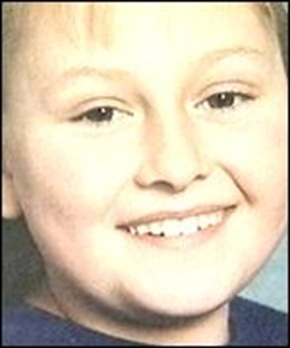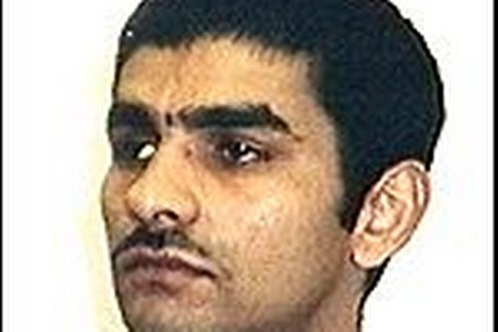Birmingham Mail
October 22, 2014

A triple Midland killer who burned his teenaged girlfriend and two of her relatives to death in their own home has failed to win a cut in his sentence – despite claiming he has made “exceptional progress” behind bars.
Azhar Ali Mehmood, 40, was caged for life at Stafford Crown Court in October 2001 after he was convicted of murdering his girlfriend Lucy Lowe, 16, her sister, Sarah, 17, and her mother, Eileen, 49.
All three victims died in the blaze in Halifax Drive, Leegomery, Shropshire, in August 2000 after Mehmood, formerly of Manor Road, Hadley, Telford, used petrol to spark an inferno.
He was also convicted of the attempted murder of his girlfriend’s father, George Lowe, who escaped the fire by climbing out of a bedroom window.
Mehmood’s baby daughter was mercifully rescued from the flames.
His lawyers at the time said he had been stung by incidents in which he was allegedly left “humiliated” by Lucy, who he had met at the age of 13.
The “jealous and possessive” cab driver set the fire by dousing the downstairs floor of the house in petrol, which he then ignited with a cigarette lighter.
Reviewing the case at London’s Royal Courts of Justice, Mr Justice Bean said: “Mehmood himself got out of the fire and pretended to have done so with difficulty.”

At his trial, the killer denied any part in the conflagration, trying to deflect guilt. He was ordered to serve at least 18 years behind bars for his crimes.
However, Mehmood’s case came before Mr Justice Bean today as his legal team argued that he deserved a cut in his minimum term.
Lawyers argued he had made huge steps towards rehabilitation and was now a changed man.
However, the judge pointed to a prison report which stated that Mehmood “continues to blame others for his offences” and had shown little victim empathy.
His progress had to be “set against the dreadful fact that three people were killed” and the judge said there was “little tangible evidence that he has addressed his current risk”.
If Mehmood had been jailed under the current, much tougher, sentencing regime he might well have received a 30-year minimum term, he added.
A sentence cut could only be envisaged where a lifer’s progress was “outstanding”, and the judge said: “The evidence falls a very long way short of satisfying those requirements”.
The judge’s ruling means that Mehmood will not even be considered for release on parole until October 2019.

